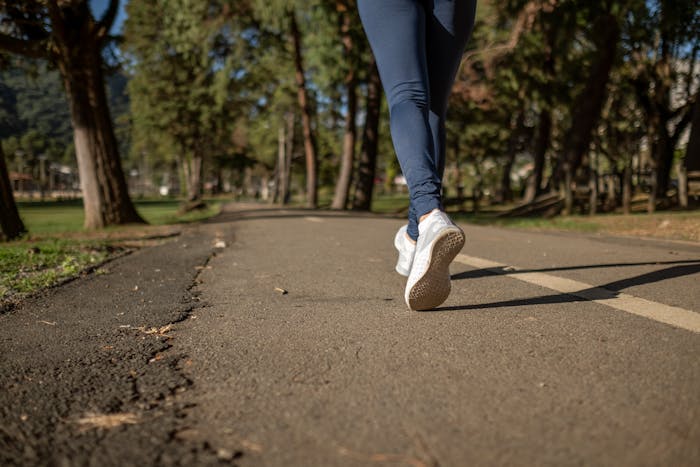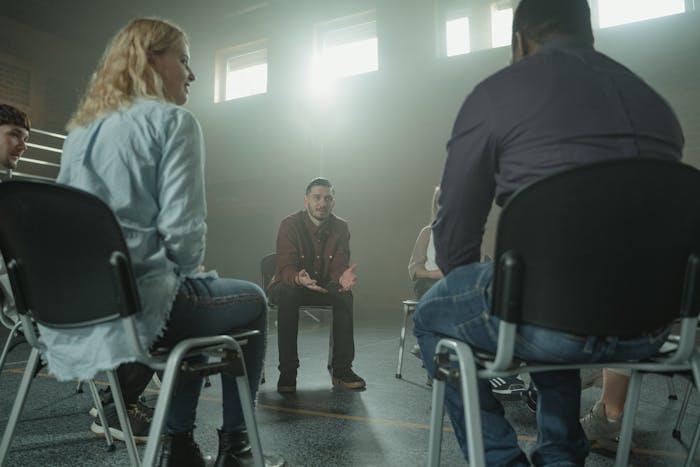When Bradley Wiggins retired from professional cycling, the transition to normal everyday life proved difficult, just as many athletes struggle to find their place after a career of intense discipline and performance.
Wiggans, known for being both a Tour de France winner and a five-time Olympic champion, recently shared issues with a cocaine addiction during his retirement.
Speaking to The Observer, Wiggins spoke about how he slipped into becoming a cocaine addict in the years after his career.
“I was a functioning addict,” Wiggins explained. “People wouldn’t realise – I was high most of the time for many years.” [1]
This blog will look further into the psychological effects of retirement, tips to prevent addiction in retirement, and how to get help for a cocaine addiction.

While it is generally thought that retirement results in relief and relaxation, in athletes it can especially lead to feelings including: [2]
In retirement, someone struggling with these feelings of reduced purpose and loneliness may turn to drinking alcohol or using drugs. [3]
Addiction often offers a temporary relief from any emotional pain, boredom or loss of identity you may overwhelmingly be feeling as a retired athlete.
Substances such as cannabis, heroin, cocaine and alcohol may serve as a way to escape unresolved trauma or act as a way to reproduce the highs felt when competing. [4]

Below are a few ways athletes can try to reduce addiction as a coping mechanism in retirement.
In the years before you retire, develop interests and hobbies outside of your sport that you can continue into retirement.
You may also consider education as a second career to ensure you still have a sense of purpose in retirement.
Athletes can greatly benefit from mental health therapy and treatment. Therapy should become a normalised incorporation into life.
Instead of avoiding emotions, try to recognise how you’re feeling and talk about it rather than suppressing them.
To ensure you have a continued sense of stability, establish daily routines and structures for your day.
This can include healthy habits like exercise, a good sleep schedule, and varied nutrition.
In retirement, stay connected with your friends and family, or fellow retired athletes.
You can even try joining support groups with a focus on athlete transitions.
Below you can find some information if you think you may have, just as Bradley Wiggins did during his early retirement, a cocaine addiction.
The effects of cocaine are immediate and include feelings of a “high”, euphoria and an increased sense of alertness. The drug works by stimulating the release of the neurochemical dopamine in the reward pathway in your brain.
Using cocaine can quickly turn into dependence or addiction as you try to maintain the increased dopamine levels and resulting euphoric effects.

To start on a recovery process for a cocaine addiction, you will need to go through a detox. This means removing all substances from your body and maintaining this.
As cocaine is a stimulant drug, cocaine withdrawal symptoms will largely be the opposite of main effects when you start taking it.
Someone going through a cocaine withdrawal may experience the following withdrawal symptoms:
There is no one pharmacological intervention to help those going through a cocaine withdrawal, but doctors will support your mental and physical health and monitor the symptoms you experience.
Following detox, you will undergo psychological support and receive therapy to ensure you make a full recovery.
If you’re struggling with addiction in retirement or have any further questions about anything in this article, call Rehab 4 Addiction today at 0800 140 4690.
Our free and confidential support line can help you to find treatment or further information.
[1] https://www.bbc.co.uk/sport/cycling/articles/c4g6pz7en7lo
[2] https://www.bps.org.uk/psychologist/retirement-health-and-wellbeing